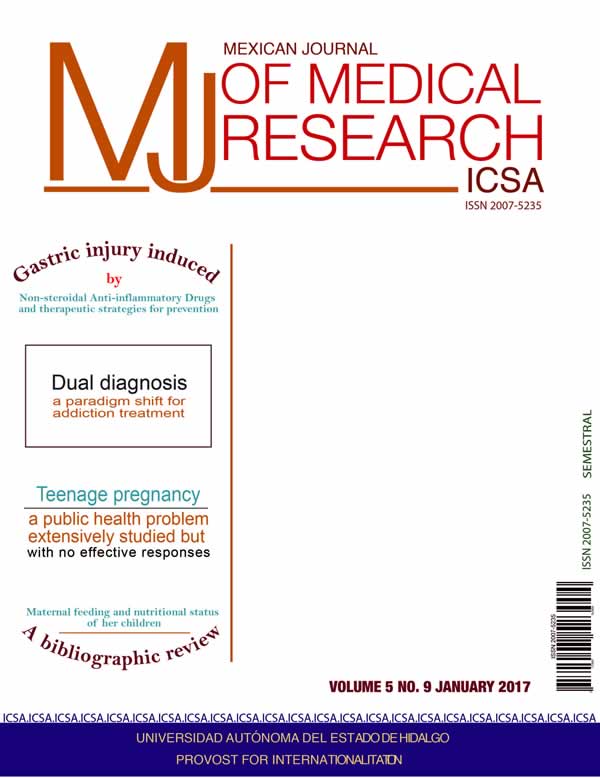Teenage pregnancy: a public health problem extensively studied but with no effective responses
Resumen
Teenage pregnancy has become one of the most important topics for population policies from different perspectives: talking about the volume of adolescent population, its growth and reproduction, as well as the biopsychosocial risk involved in teenage motherhood. Adolescent population in Mexico represents almost a fifth of the country’s population. It is an opportunity for social and economic development to ensure the sustainable growth of the nation. However, to achieve this growth, it is essential that the population is prepared both in an academic and humanist way.[1] However, several researches and policies created to improve the reproductive health of adolescents, forget that early motherhood in our country is the result of a complex economic, social and cultural context. The objective of this study was to evaluate the effects of primary prevention interventions in the prevention of unwanted pregnancies in adolescents. Conclusion. Strategies must be real, not only on paper and in speeches. Results should be directly reflected in the adolescent population. Strategies should be inclusive with adolescents and wide in context. Mexico does have a document which serves as basis to reduce the number of unwanted pregnancies in adolescents, but it is crucial that people participate, together with governmental institutions, in the implementation of this strategy; otherwise it is just going to stay as another good treaty.













